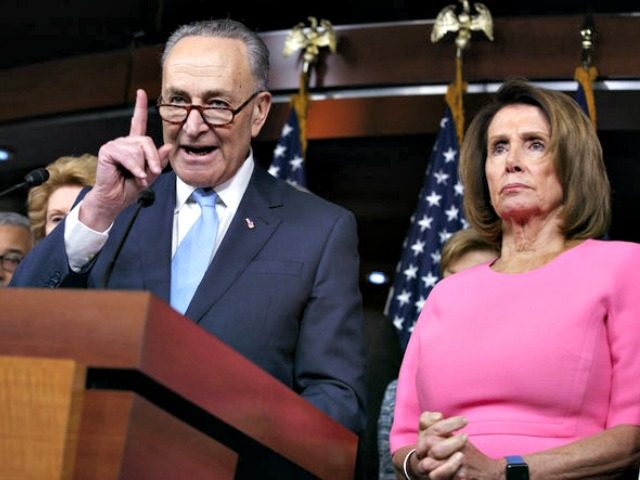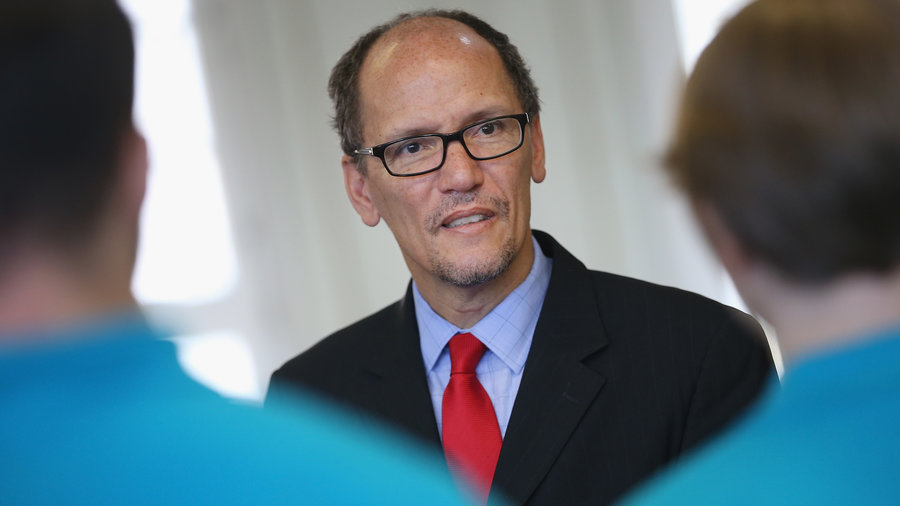By: Kelsey Thomas
From the election of James M. Smith in 1872 until the failed re-election campaign of Roy Barnes in 2002, Georgia had a Democrat in the Governor’s Mansion (three mansions, in fact). Democrats controlled both houses of the General Assembly from 1891 to 2003, and the state swung for the Democratic Party’s presidential candidate consistently from 1868 until 1960. During this time, Democratic primaries generally decided who ultimately won elections, as the Democratic nominees rarely if ever faced quality challengers from another party.
Following this long reign, the Democratic Party began slipping – slowly at first, but eventually snowballing. Now it is easy to forget that the Republican stronghold of Georgia was not long ago considered a Democratic base. Despite this, President Barack Obama’s campaign is determined to make Georgia a battleground state in hopes of winning Georgia’s first Democratic victory in a presidential election since 1992.
Are the odds stacked against a Democratic resurgence in the state in 2012? Does the Republican Party have as strong a hold on the state of Georgia as the Democrats once had? Most importantly, is the Democratic Party of Georgia dying?
Georgia democrats have seen their party take a beating recently, not the least of which occurred following the 2010 census, when Georgia’s Democratic Party suffered at the hands of the state’s first Republican-controlled redistricting. The redrawn state house districts paired twelve Democratic incumbents against each other, while the senate maps paired two. House Minority Leader Stacey Abrams also alleged that the new maps were an attempt to “purge” white Democrats by creating new majority-minority districts.
Ultimately, the Department of Justice did not agree with this argument and decided to pre-approve all three new maps upon first review for the first time in the state’s history. These maps have given the Republican Party an even greater advantage in the state, which could seal the GOP’s success in Georgia for many years to come following the 2012 election.
There are many other factors that might lead to the Democratic Party’s continued fall in our state, including its inability to fundraise compared to the GAGOP. According to their April reports, the Georgia Democratic Party received more contributions from the Democratic National Committee and its victory funds than it did from individual contributors. Individual contributions made up $52,286 of all fundraising dollars for the state party during the filing period, while the DNC and its associated funds contributed $60,718. While the state party had $76,856 on hand at the end of April, it also owed $35,426 to outside vendors, compared to the cash on hand with no outstanding debts.
Democratic representatives have also begun to jump ship on the party, creating what could be self-fulfilling prophecy regarding the parties possible failure. While many congressional representatives switched to the Republican Party in throughout the 1990’s and early 2000’s, recent rounds of localized party-switching might be more worrisome for Democrats. Between Election Day in 2010 and the end of the 150th Georgia General Assembly session, seven Democratic representatives who had won their elections switched to the Republican Party, the most notable of whom being Athens representative Doug McKillip, who ranked second in the Democratic leadership in the lower house. Entire county governments, such as that of Bleckley County, qualified last week for the 2012 elections as Republicans, while many other rural counties in Northeast Georgia saw candidates for district attorney and other office switch to the GOP. This indicates that many elected officials, even at local levels, may be beginning to see the writing on the wall regarding the dubious future success of Georgia Democrats.
Along the same vein, the Democratic Party is fielding challengers at a much lower rate than anticipated. After holding workshops entitled “Defeating Doug McKillip” for its party-faithful, the Georgia Democratic Party was unable to field a challenger for his race. The Democratic Party has also been unable to find opponents for three Republican incumbent congressmen. Additionally, many Democratic candidates are facing slim-to-none odds of victory in November, such as Jody Cooley in the new 9th District, which is heavily favored toward a Republican candidate. As the number and quality of Democratic candidates decrease, the state party cannot hope to grow.
Is the Democratic Party of Georgia dying? For now, it appears that the party is extensively weakened, and it remains to be seen if it can recover. If Georgia Democrats cannot pose legitimate challenges to Republican incumbents and lose ground in the state legislatures and local offices, there’s a good chance that Republicans could experience a level of the deeply rooted control over state politics that Democrats enjoyed after Reconstruction. This is because voters who become used to voting for a party – particularly at the local level – are more likely to develop the habit of voting for that party. In politics, habit quickly becomes loyalty, allowing one party to usually secure a person’s votes for their entire lifetime after they gain their support in just a few elections.
The 2012 elections could seemingly do one of two things for Georgia’s Democratic Party: it could provide them with a comeback opportunity in which they could recover a few seats and move forward to 2014, or it could allow the Republican Party to become so ingrained in the state as to ensure GOP success through post-2020 redistricting and possibly beyond.

